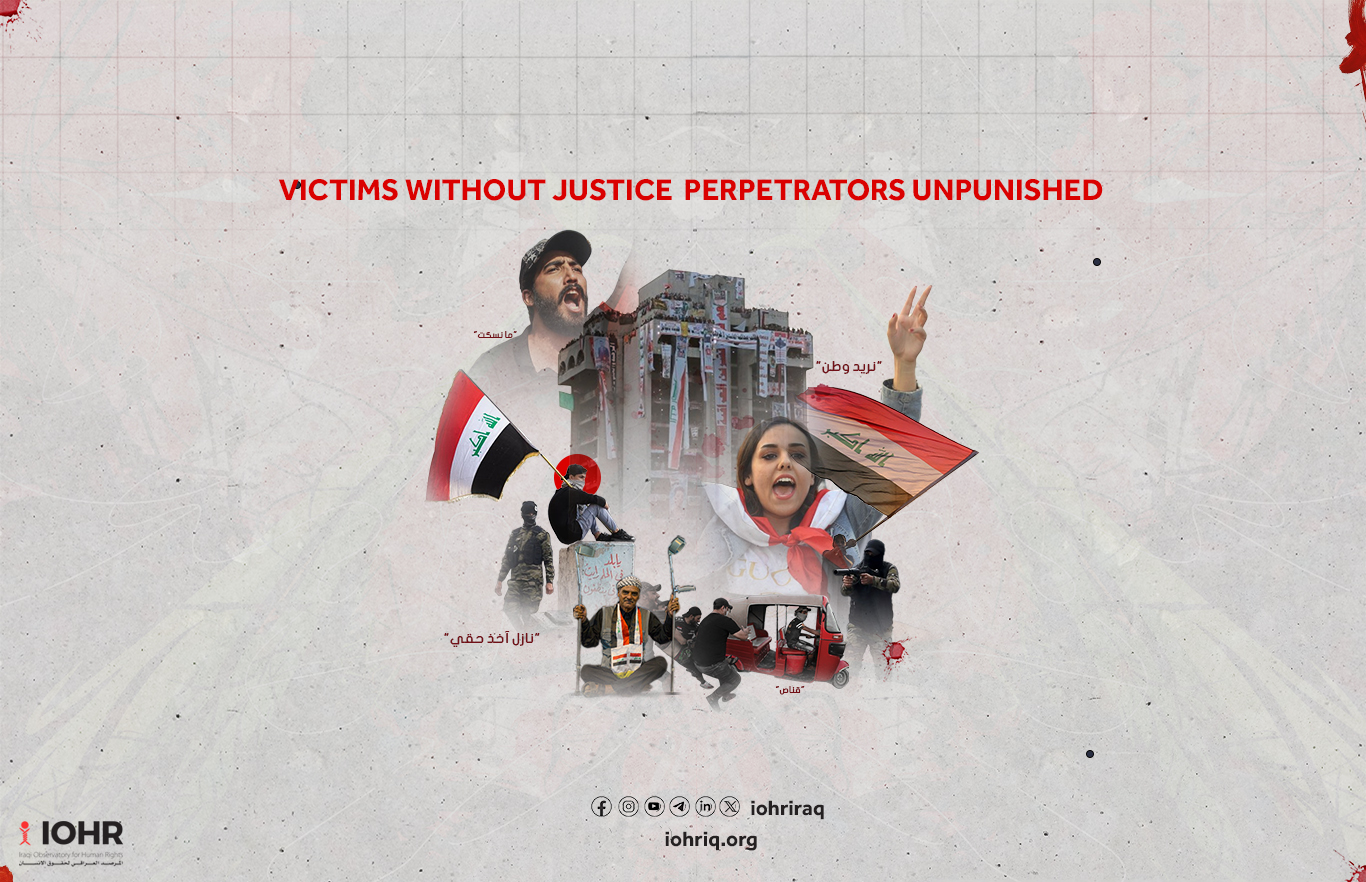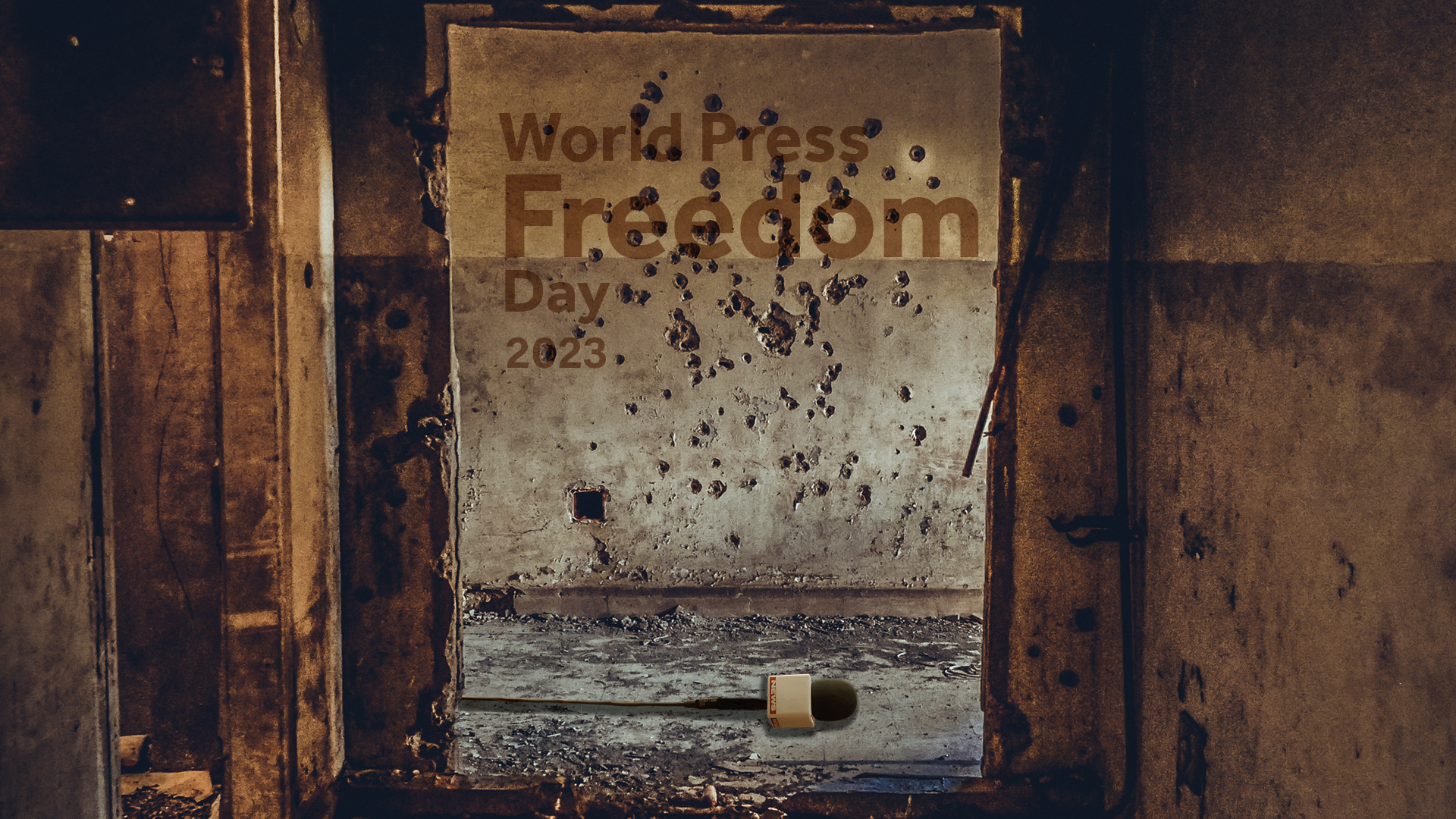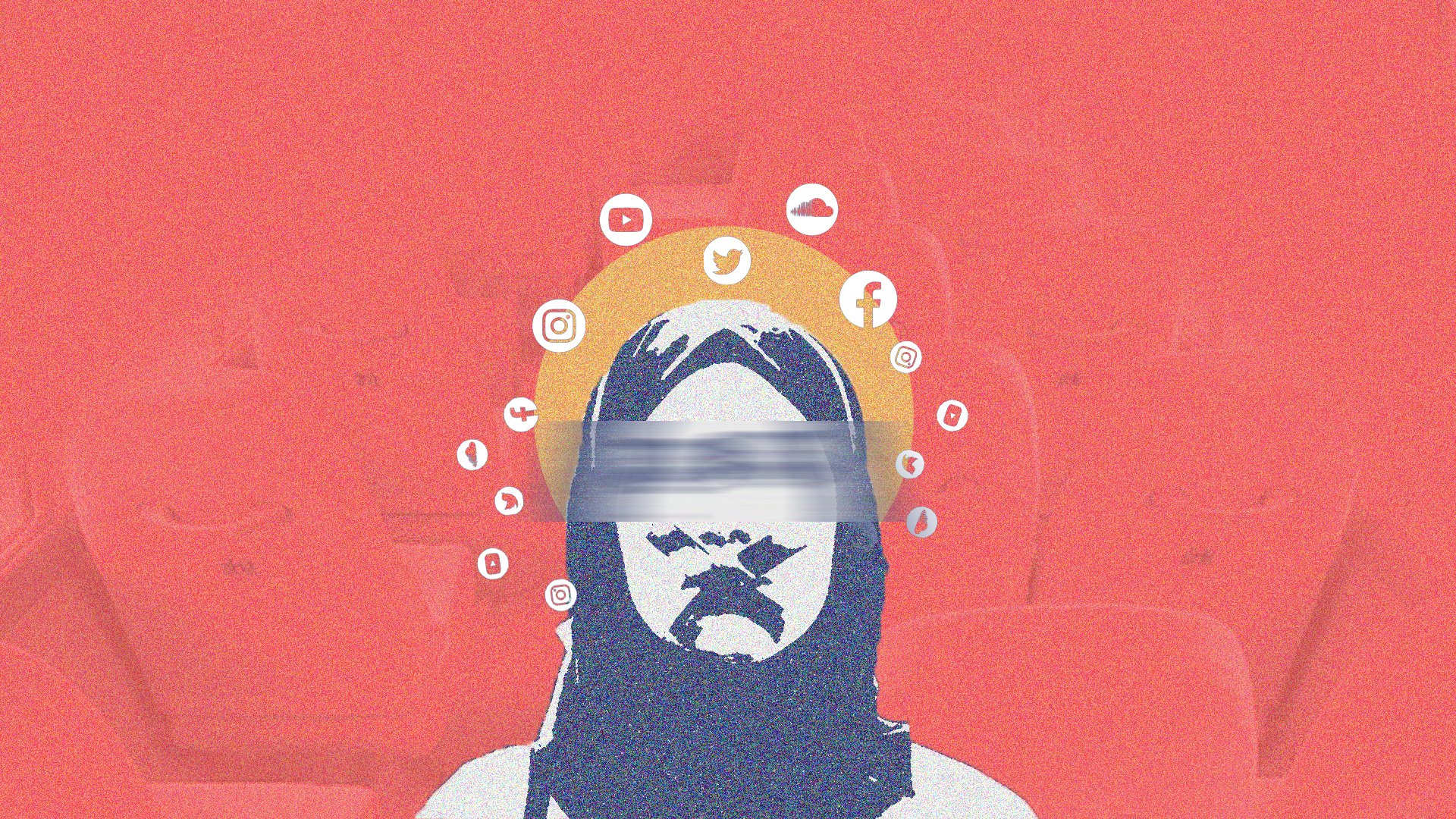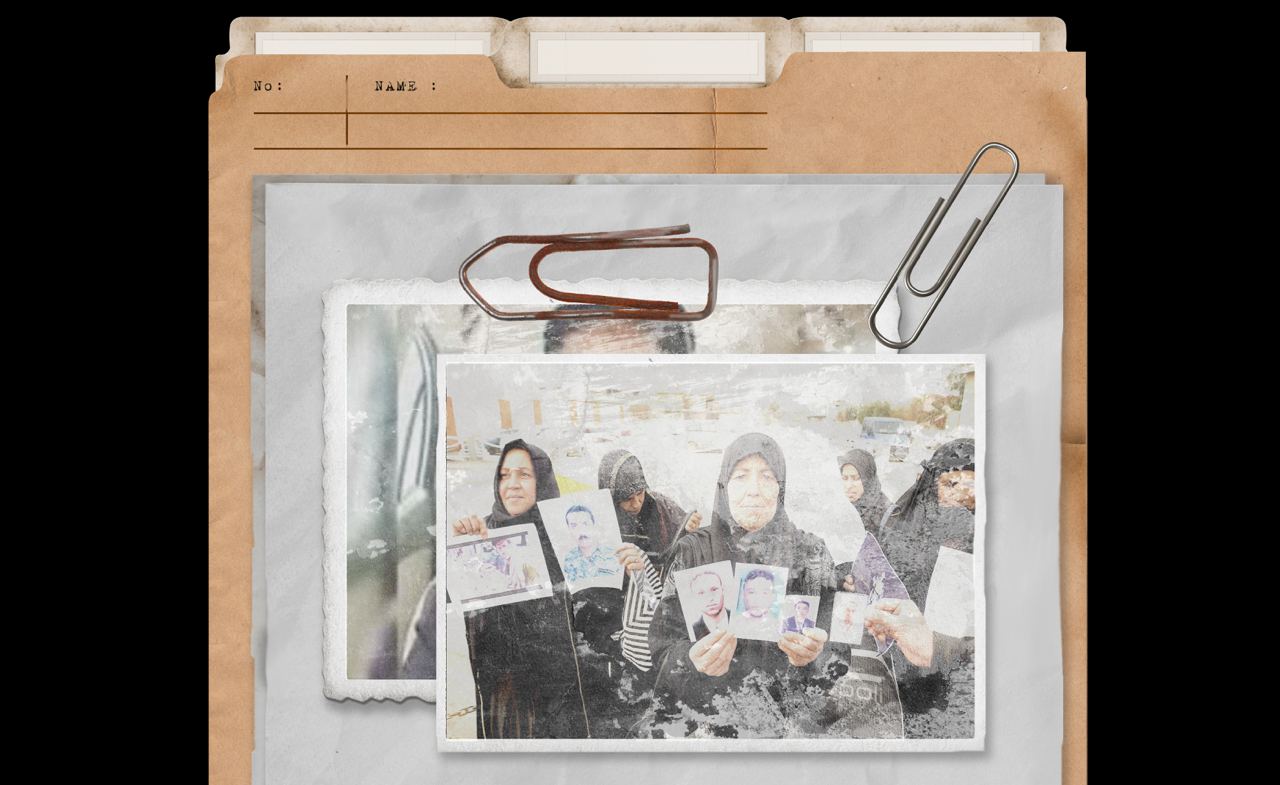On the fifth anniversary of the October 2019 protests, the Iraqi Observatory for Human Rights expresses deep sorrow and frustration over the continued absence of justice for the victims of the protests, which saw thousands of Iraqis, especially young people, take to the streets demanding a dignified life and a country free from corruption.
Despite the peaceful nature of the protests, they were met with excessive violence that claimed the lives of more than 600 people, in addition to leaving thousands severely injured, not to mention the arbitrary arrests and enforced disappearances that targeted activists.
The October protests, which erupted on October 1, 2019, were a popular outcry against economic decline, rampant corruption, mismanagement, and unemployment. Iraqis took to the streets with great hope for peaceful change, but they were met with harsh repression, where security forces used live bullets, tear gas, and stun grenades to disperse them.
One mother, who lost her 22-year-old son in the protests, says: "He always told me: 'Iraq will get better, Mom. We have to go out and demand our rights.' I couldn’t stop him, even though I was terribly afraid. On the day he died, he was at the front lines in the Sinak area of Baghdad, where he was shot by unknown forces and fell dead. When I received his body, I felt like I had lost my soul. They took his dream from his hands, and from all of us, without mercy".
Despite repeated promises from the Iraqi government, especially after the resignation of Prime Minister Adil Abdul-Mahdi in November 2019, investigations have not led to any real results, and those responsible for these crimes have not been brought to justice. The investigation committees that were formed had no actual authority.
The policy of impunity has become one of the most dangerous consequences of this repression. Neither the security forces nor the armed factions involved in suppressing the protesters have been held accountable. One father, who lost his 19-year-old son, says: "I was proud of him, he always spoke about change and his right to live with dignity. But he didn’t live to see that change. When I lost him, I felt like all my dreams and hopes disappeared with him".
The violations were not limited to the security forces; the armed factions supported by influential political forces were accused of many assassinations and intimidations targeting activists and protest organizers. The Iraqi Observatory for Human Rights documented multiple assassinations, most notably the killing of Ihab Al-Wazni and Amjad Al-Dahamat, as well as other assassination attempts targeting activists like Majid Al-Zubaidi and Lodia Raymon.
In addition to the brutal repression, the authorities resorted to arbitrary arrests and enforced disappearances. To this day, the fate of many activists remains unknown, while their families are subjected to pressure and threats to change their testimonies.
The case of Sajad Al-Mushrifawi, known as "Sajad Al-Iraqi," who was kidnapped in September 2020, is a glaring example of these violations. Despite local and international demands to reveal the fate of the disappeared, the Iraqi authorities have not responded seriously so far.
One widow, whose husband died in the protests, says: "My husband worked day and night to provide a dignified life for us, but he believed that Iraq needed change. On the day of his death, he said goodbye as usual, but I didn’t know that would be our last goodbye. He left me with a child orphaned and shattered dreams".
Since the beginning of the October protests, the Iraqi Observatory for Human Rights has called for transparent and independent investigations into the crimes committed against peaceful demonstrators. Although several government committees have been formed, most of them have been mere tools to delay the truth and postpone accountability. These committees lacked sufficient authority and the political will to hold those responsible accountable.
Justice will not be achieved through symbolic committees or media statements. What we need is real political will to pursue those involved, whether they are security leaders or armed factions.
Without genuine accountability, the path to justice will remain blocked. Justice is not only a legal demand but also a humanitarian and moral one. Every delay in achieving justice means the continuation of pain and suffering for the families of the victims, who lost their loved ones.
The Iraqi government must take urgent steps to end the phenomenon of impunity and ensure that all those involved in the crimes committed against the protesters are pursued, whether they are members of the security forces or other entities.
Compensating the victims and their families is a step as important as accountability. These victims did not just lose their lives, but they left behind families who suffer from grief and loss. The Iraqi government must take practical steps to compensate these families both materially and morally, and provide psychological and social support to the survivors and the victims' families.
The Iraqi Observatory for Human Rights will remain committed to demanding full justice. The sacrifices of the young men and women who took to the streets in search of change will not be forgotten. We all, as individuals and institutions, must continue to press for justice and accountability.
In this context, the Iraqi Observatory for Human Rights announces that it is about to issue an expanded report documenting hundreds of cases of killings and violations. The report will be released in the coming period and will serve as a call to hold those responsible for these crimes accountable, confirming that achieving justice requires serious and continuous work.




